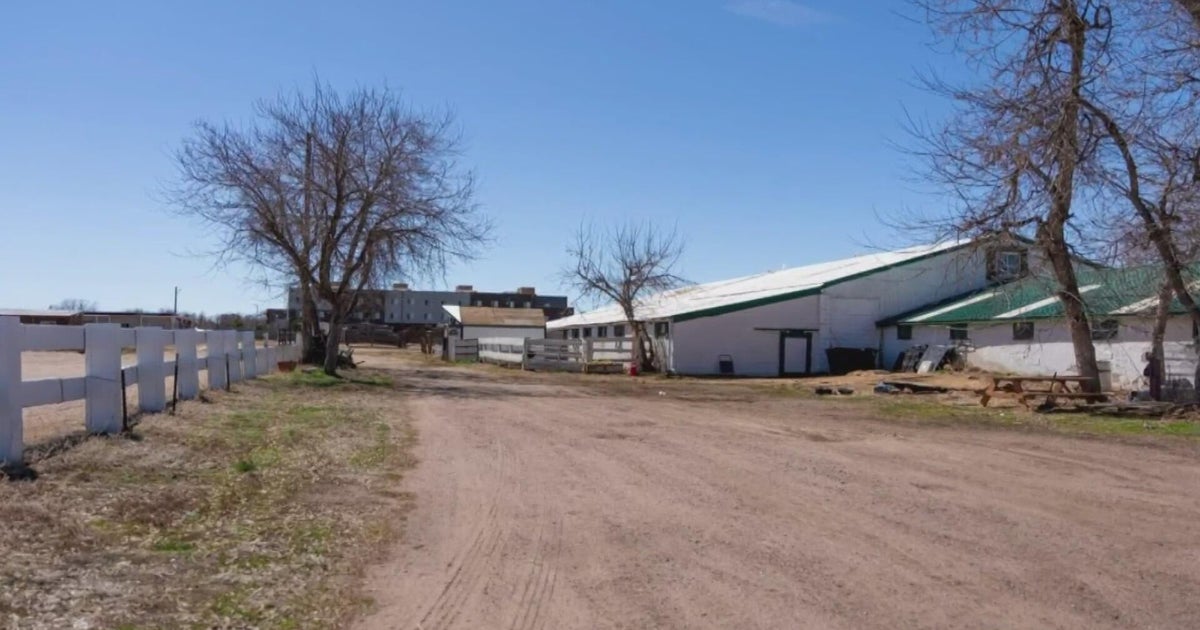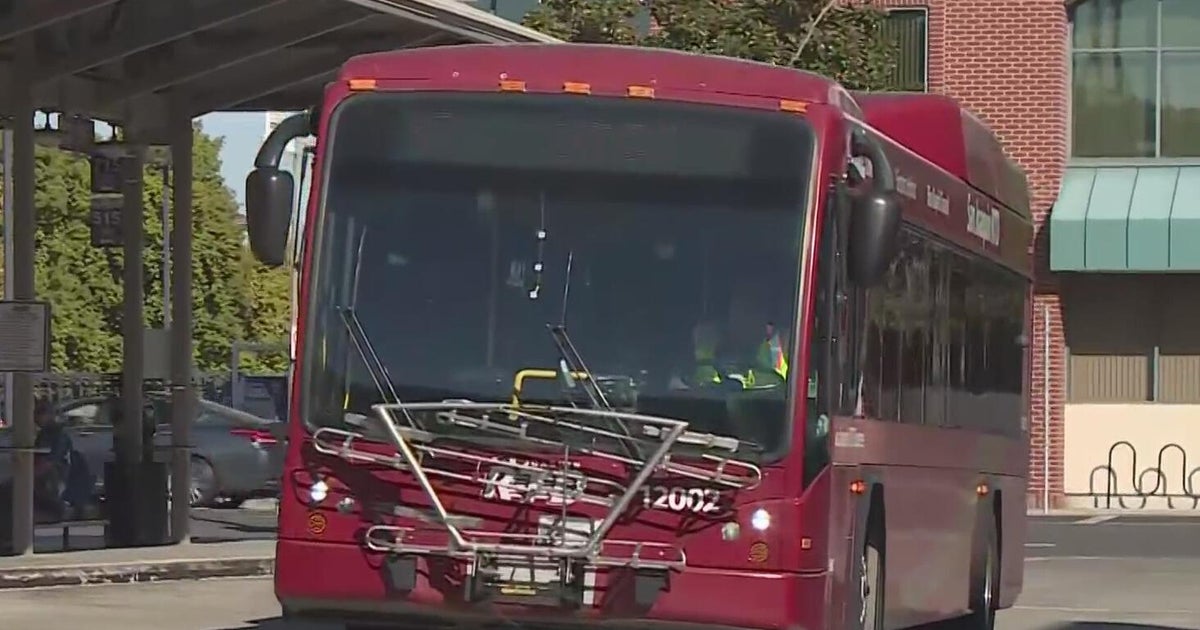Controller says Pittsburgh leaders are not doing enough to build affordable housing
PITTSBURGH (KDKA) — Pittsburgh City Controller Rachael Heisler released an audit saying the city's $10 million-a-year Housing Opportunity Fund is not doing enough to build new housing.
It's the number one priority of the Gainey administration: to build and restore more affordable housing. But even with tens of millions of dollars at its disposal, critics say the results have been underwhelming.
Affordable housing in Pittsburgh
A ribbon cutting on Flowers Avenue in Hazelwood and the dedication of three affordable housing units are the cornerstone of the Gainey administration.
"I only know one way to stabilize neighborhoods and that's through affordability," Mayor Ed Gainey said during the ribbon cutting. "That's to make sure that all of our residents have the opportunity to own or rent an affordable unit."
But two and half years in, developers complain their projects are stymied for lack of incentives to include affordable housing, and the city has partnered on few new affordable building projects despite being awash in cash.
City taxpayers contribute $10 million a year to the city's Housing Opportunity Fund, but an audit released on Thursday by Heisler finds most of that money goes to things like rental and first-time homebuyer assistance — very little to the development of new affordable housing.
"I believe the Housing Opportunity Fund should be focused almost exclusively on the creation and development of units of housing because people need a place to live," Heisler said.
Heisler said the city needs 11,000 new affordable housing units, but the Urban Redevelopment Authority can only point to a half-dozen new projects, mostly on a scale of the houses on Flowers Avenue.
This is despite two other large pots of money: $40 million from the COVID-era American Rescue Plan and $32 million from a recently floated affordable housing bond issue. Most of that money is administered by the URA, which defends its development record.
"At our board meeting, we are presenting authorizations to advance public investment in the production of new affordable housing and the preservation of existing affordable housing," said Susheela Nemani-Stanger, executive director of the URA.
The URA points to Bedford Dwellings — a plan to replace this aging housing project with new townhouses. While the Gainey administration says it closed the deal on the federal funding, this and the nearby City's Edge project were initiated before the administration took office. And many private housing developments are stalled.
But developers say many aren't being built at all because of zoning restrictions and a lack of incentives and subsidies from the city to include affordable housing, including a plan to build a grocery and hundreds of apartments in Bloomfield that recently died.
"We need to be able to move these projects forward, and I think anything that stifles that development is something we need to have a conversation about," Heisler said.
In the coming year and a half, the URA says you will be seeing more projects coming online. But unless that pace radically quickens, Heisler and others say it won't make a dent in the need for affordable housing.







